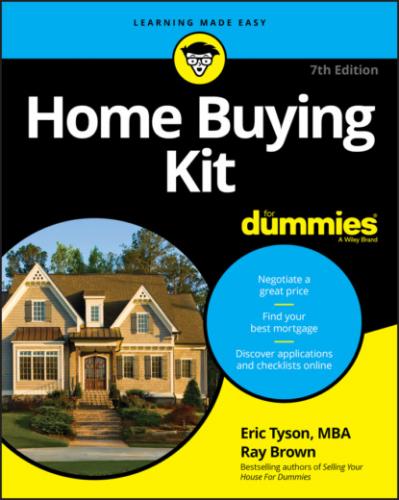Fidelity Municipal Money Market Fund ($0 to open)
T. Rowe Price Summit Municipal Money Market ($25,000 to open)
Vanguard Tax-Exempt Money Market ($3,000 to open)
State-tax-free money market funds are appropriate when you’re in a high federal-tax bracket and a high state-tax bracket (5 percent or higher). Contact fund companies listed in the sidebar “Getting in touch with mutual fund companies” to see whether they offer a money fund for your state.
GETTING IN TOUCH WITH MUTUAL FUND COMPANIES
Most mutual fund companies don’t have many (or any) local branch offices. Generally, this fact helps mutual fund companies keep their expenses low so they can pay you greater yields on their money market funds.
So how do you deal with an investment company without a location near you? Simple: You open and maintain your mutual fund account via the fund’s toll-free phone line, the mail, or the web. Some fund providers may have branch offices.
Here’s how to reach, by phone or online, the major fund companies we recommend:
Fidelity: 800-544-8888; www.fidelity.com
T. Rowe Price: 800-638-5660; www.troweprice.com
USAA: 800-382-8722; www.usaa.com
Vanguard: 800-662-7447; www.vanguard.com
Investments for more than five years
Should you expect to hold onto your home-down-payment money for more than five years, you can comfortably consider riskier investments, such as longer-term bonds, as well as more conservative stocks. Eric covers these investments and many others in the latest editions of his books Investing For Dummies and Mutual Funds For Dummies (both published by Wiley).
SHORT-TERM BONDS AND BOND FUNDS
You may be thinking, “Three to five years is an awfully long time to keep my money dozing away in a money market fund.”
Well, yes and no. During some time periods, investors who buy bonds maturing in five years get very little in the way of extra yield versus what they can get in a good money market fund. During other periods, three-year to five-year bonds yield a good deal more interest than money market funds yield.
Whenever you invest in bonds that won’t mature soon, you take on risk. First is the risk that the bond issuer may fall into financial trouble between the time you buy the bond and the time it’s due to mature. Second is the risk that interest rates in general can greatly increase. If the latter happens, typically caused by unexpected inflation, you may end up holding a bond that pays you less interest than the rate of inflation.
Most of the time, bonds that mature in a few years should produce a slightly higher rate of return for you than a money market or savings account. However, if you invest in such bonds, recognize that you may end up earning the same as (or perhaps even less than) you would have earned had you stuck with a money market fund. Rising interest rates can deflate the value of an investment in bonds.
Invest in bonds only if you expect to hold them for at least three to five years. If you want to invest in individual bonds and you’re not in a high tax bracket, consider Treasury bonds, which don’t require monitoring of credit risk — that is, unless the U.S. government slips into default! Also look at the yield on bank certificates of deposit. You may also consider some high-quality, short-term bond mutual funds that invest in — you guessed it — short-term bonds. A solid one is Vanguard’s Short-Term Investment-Grade.
If you’re in a high tax bracket, a tax-free money market fund is hard to beat. Some federal-tax-free bond funds to peruse include Vanguard’s Short-Term Tax-Exempt and Vanguard’s Limited-Term Tax-Exempt funds. Good, double-tax-free, short-term bond funds just don’t exist.
Конец ознакомительного фрагмента.
Текст предоставлен ООО «ЛитРес».
Прочитайте эту книгу целиком, купив полную легальную версию на ЛитРес.
Безопасно оплатить книгу можно банковской картой Visa, MasterCard, Maestro, со счета мобильного телефона, с платежного терминала, в салоне МТС или Связной, через PayPal, WebMoney, Яндекс.Деньги, QIWI Кошелек, бонусными картами или другим удобным Вам способом.
